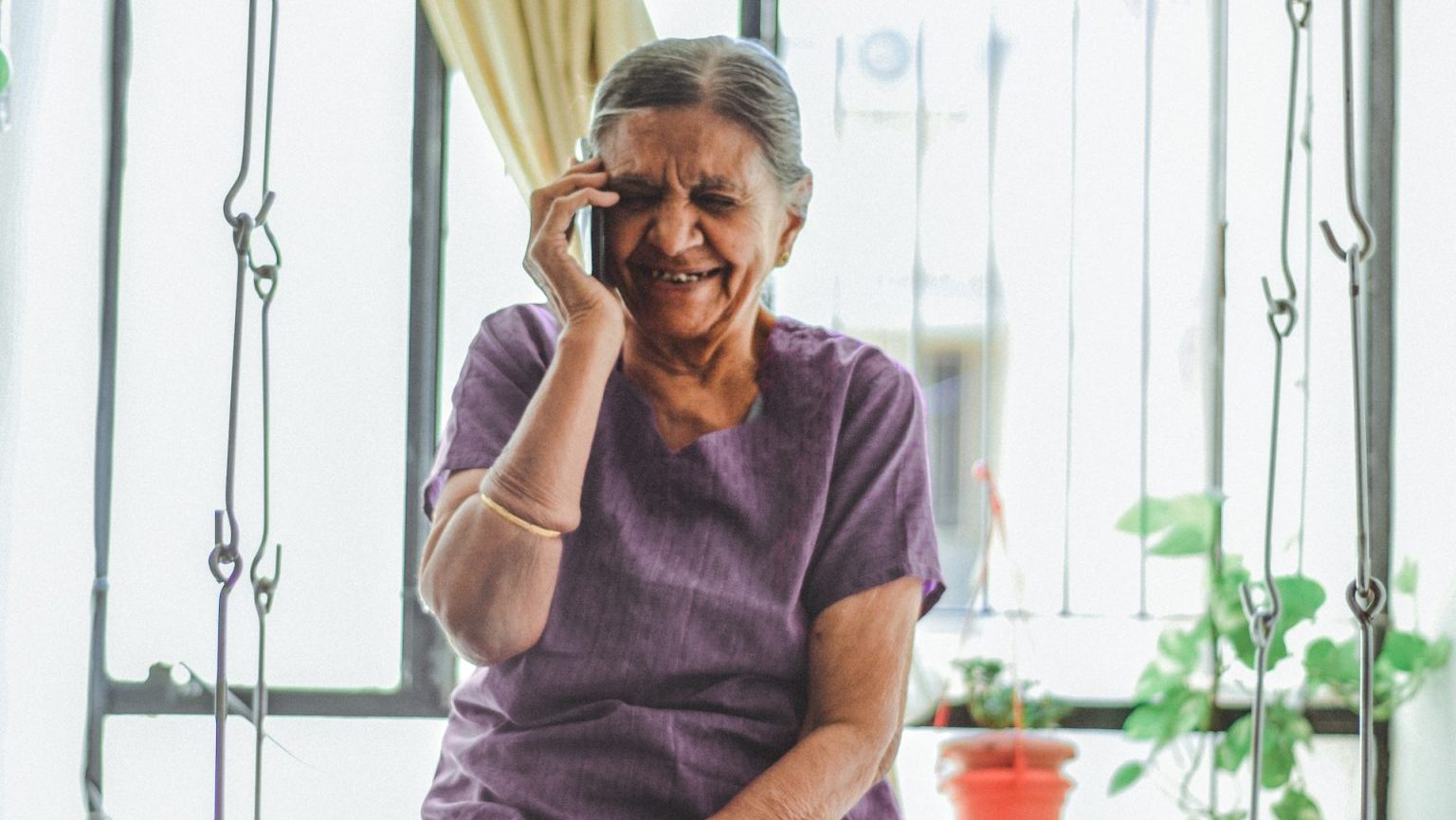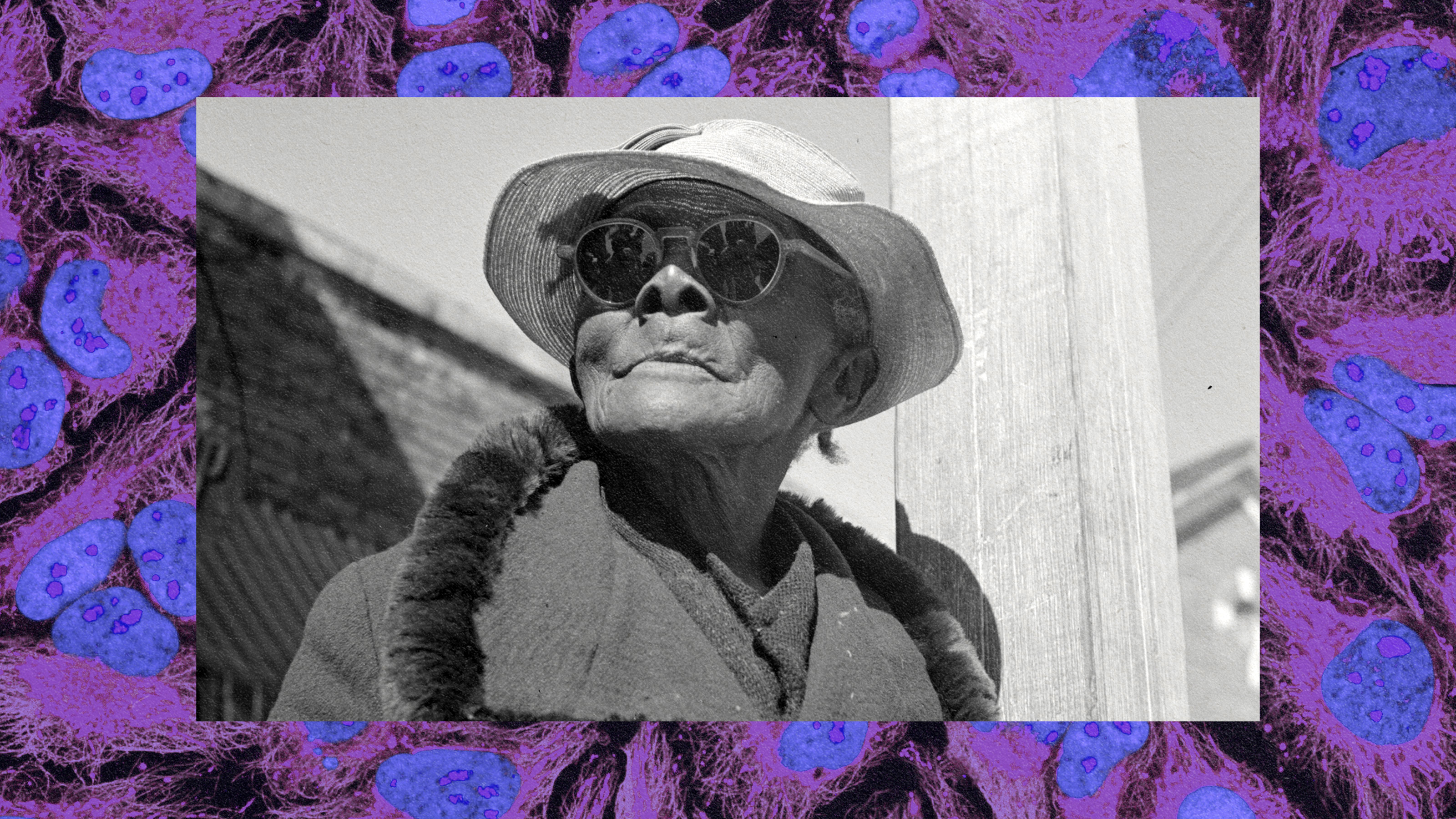Only 35 percent of Americans know the symptoms of Alzheimer’s disease

Photo: Lightspring / Shutterstock
- A new MDVIP/Ipsos survey found that only 35 percent of Americans know the symptoms of Alzheimer's disease.
- Eighty percent of respondents said they want to reduce their risks.
- An estimated 7.1 million Americans over the age of 65 will suffer from Alzheimer's by 2025.
An estimated 5.8 million Americans over the age of 65 live with Alzheimer’s disease. That number is increasing: within five years, The Alzheimer’s Association predicts there will be 7.1 million. In 2020, $51.2 billion dollars in Medicaid payments will be made to treat nearly six million patients suffering from this condition.
Even though Alzheimer’s is a well-known disease—it’s the sixth-leading cause of death in the US—it turns out that it’s not well understood. According to a new survey conducted by MDVIP/Ipsos, only 35 percent of Americans know the symptoms even though 80 percent of respondents want to reduce their risks.
Specifically, 74 percent of respondents didn’t realize hearing loss damages the brain; 72 percent didn’t know diabetes is a risk factor for dementia (the disease that Alzheimer’s often leads to); 64 percent were ignorant of the fact that lack of sleep shrinks brain size; and half of respondents didn’t know the impact of emotional well-being on brain health. Over half of those surveyed also didn’t realize high cholesterol and poor dental care play a role in Alzheimer’s disease.
The researchers also discovered disturbing COVID-19-related data. While 58 percent of adults report changes in sleep, 57 percent note mood swings, and 51 recent suffer from emotional withdrawal during this time, only 8 percent are looking for professional help.
Dr. Andrea Klemes, MDVIP Chief Medical Officer, notes that checkups during the pandemic are especially important.
“We don’t yet know the long-lasting consequences that the pandemic will have on the brain, and we hope that research such as ours will continue to shine a light on this very serious health issue.”

Credit: logika600 / Shutterstock
Remaining healthy requires regular screenings. Here again we see a disassociation between risk reduction and proactivity. Seventy-seven percent of respondents don’t talk to their doctors about lifestyle habits that support brain health; 51 percent have never been screened for depression; 44 percent have never had a neurological exam; and 32 percent have never been screened for hearing problems.
Common early warning signs of dementia, according to Dr. Jason Karlawish, co-director of the Penn Memory Center, include repetitive questions and stories, difficulties with complex daily tasks, and trouble with orientation.
In terms of intervention, exercise, diet, building a brain reserve, and challenging your brain (such as learning a new language or musical instrument) are all proven methods for staving off the ravages of Alzheimer’s. Oxytocin has also showed promise in brain-addled mice, while researchers found positive results for a group of intermittent fasters in promoting neurogenesis.
Epidemiologist Bryan James says that dementia is not an inevitable result of aging.
“It’s simply not pre-destined for all human beings. Lots of people live into their 90s and even 100s with no symptoms of dementia.”
Professor of neurology at Boston University School of Medicine, Andrew Budson, recommends aerobic exercise and the Mediterranean diet. As has long been known, whole grains, fruits and vegetables, fish and shellfish, and healthy fasts like nuts and olive oil seem to have brain-boosting properties.
To learn more, take the Brain Health IQ quiz.
—
Stay in touch with Derek on Twitter, Facebook and Substack. His next book is “Hero’s Dose: The Case For Psychedelics in Ritual and Therapy.”





